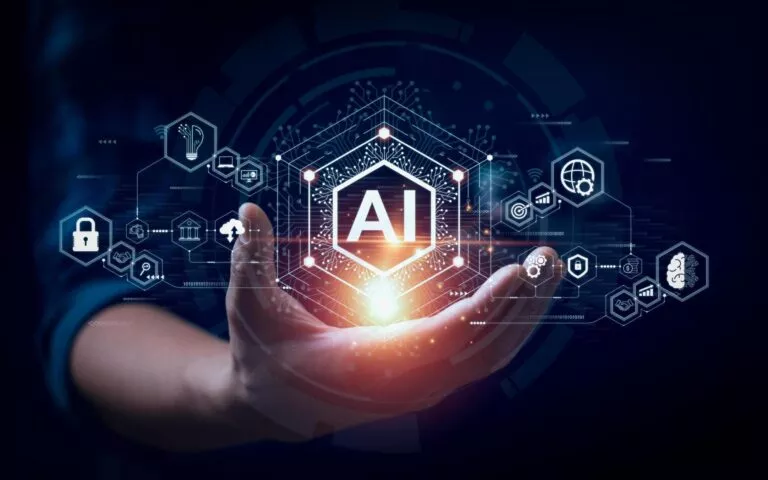Artificial Intelligence (AI) is no longer a concept confined to science fiction. It is now an integral part of our daily lives, driving innovation and transforming industries. From healthcare to finance, AI is revolutionizing the way we work and live. In this blog, we’ll delve into the rise of AI, its benefits, challenges, and future prospects.
What is Artificial Intelligence?
Artificial Intelligence refers to the simulation of human intelligence in machines that are programmed to think and learn like humans. AI systems can perform tasks such as recognizing speech, making decisions, and solving problems. They can be classified into three types:
- Narrow AI: Designed to perform a specific task (e.g., virtual assistants like Siri and Alexa).
- General AI: Possesses the ability to perform any intellectual task that a human can do.
- Super intelligent AI: Surpasses human intelligence in all aspects.
Advancements in AI Technology
AI technology has seen significant advancements in recent years, driven by improvements in machine learning, natural language processing, and data analytics. Key milestones include:
- Machine Learning: Algorithms that enable computers to learn from data and improve over time without being explicitly programmed.
- Natural Language Processing (NLP): Enables machines to understand and respond to human language.
- Computer Vision: Allows computers to interpret and make decisions based on visual data.
Applications of AI
- Healthcare:
- AI-powered diagnostic tools improve accuracy and speed.
- Personalized treatment plans based on patient data.
- AI in drug discovery accelerates research and development.
- Finance:
- Automated trading systems enhance market efficiency.
- Fraud detection through pattern recognition.
- Personalized banking experiences using AI chatbots.
- Retail:
- AI-driven recommendation engines improve customer experience.
- Inventory management and demand forecasting.
- Automated customer service through virtual assistants.
- Transportation:
- Self-driving cars enhance road safety and efficiency.
- AI in logistics optimizes route planning and delivery.
- Predictive maintenance for vehicles.
- Manufacturing:
- AI in robotics automates repetitive tasks.
- Quality control through visual inspection systems.
- Predictive analytics for maintenance and production.
Benefits of AI
- Efficiency: Automates repetitive tasks, freeing up human resources for more complex work.
- Accuracy: Reduces human error and improves decision-making.
- Personalization: Tailors experiences to individual preferences and needs.
- Innovation: Drives new products and services, creating opportunities for growth.
Challenges and Ethical Considerations
Despite its potential, AI also poses challenges:
- Bias: AI systems can perpetuate and amplify existing biases present in training data.
- Privacy: The collection and use of vast amounts of data raise privacy concerns.
- Job Displacement: Automation may lead to job losses in certain sectors.
- Ethical Dilemmas: Decisions made by AI systems can have significant ethical implications.
Future of AI
The future of AI holds immense possibilities. Ongoing research aims to address current challenges and unlock new potentials:
- Explainable AI: Making AI systems more transparent and understandable.
- AI Governance: Establishing frameworks for ethical and responsible AI use.
- Human-AI Collaboration: Enhancing human capabilities through AI augmentation.
Conclusion
Artificial Intelligence is transforming the future, offering numerous benefits across various industries. While it presents challenges, the potential for innovation and improvement is vast. Staying informed and engaged with AI developments is crucial as we navigate this transformative technology.

